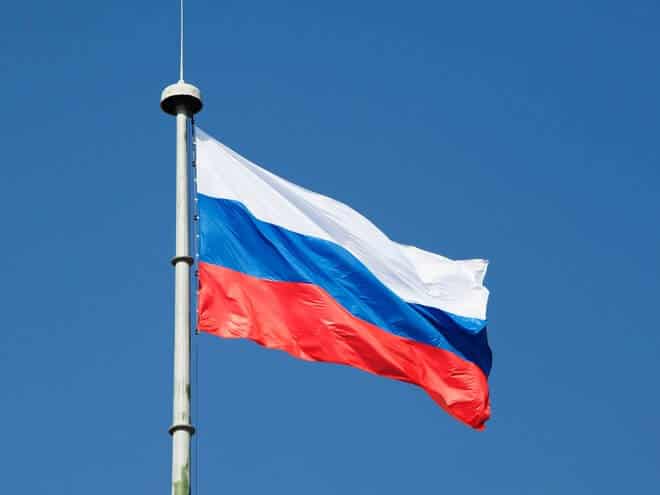Join Our Telegram channel to stay up to date on breaking news coverage
Peter Brandt, a veteran trader and founder of proprietary trading firm Factor LLC, recently weighed in on the subject of the world economy possibly switching from a fiat currency basis. Yesterday, Brandt took to Twitter to share a prediction that the world would eventually move on from fiat. However, he didn’t put his weight behind any of the top alternative assets.
SDRs Made of Top Currencies and Established Alternatives
As for his prediction, Brandt explained that the world would go on to use so-called special drawing rights (SDRs), which would still be based on fiat currencies. The International Monetary Fund (IMF) created the tools in the ’60s as a means of extending the asset reserves of member states.
Currently, data from the IMF shows that about $281 billion in SDRs have been issued. Given that SDRs are usually based on several currency standards, Brandt also shielded questions on the possible inclusion of alternative assets. He answered in the negative. As Brandt explained, the SDRs of the future won’t include Bitcoin or any other altcoin. He instead put his weight behind seven of the world’s major currencies, saying:
“World could adopt a formulaic ‘SDR’ global reserve unit consisting of USD, JPY, CNH, EUR, CAD, AUD, GBP, Gold, Silver, Crude Oil. Bitcoin $BTC or other cryptos will NOT be part of basket.”
The World Slowly Embraces CBDCs
Brandt also pointed out his apparent disdain for the prevailing belief that Bitcoin would eventually usurp fiat currencies and become the world’s reserve currency. He explained that the idea was arrogant, adding that the “pet rocks” will never replace fiat.
The trader’s comments are coming when more countries are moving towards Central Bank Digital Currencies (CBDCs). The Bank of Jamaica recently announced that it was opening the door for tech companies to partner with it as it works towards the development of CBDCs.
Per the announcement, the bank was looking to include the asset in its Fintech Regulatory Sandbox, which it established recently to ensure adequate data privacy and investor protection until introducing the asset to the Jamaican people.
The French Central Bank also announced on Monday that it had picked several firms to work with it in developing its “digital Euro.” The partners include financial giants like HSBC and Accenture, as well as crypto-focused players like Seba Bank and LiquidShare. France’s progress with the digital Euro has been a long time coming, and there are talks that the European Union, in general, could adopt it if tests prove successful enough.
Last week, the Bank of Japan announced that it would commit to developing a CBDC of its own, while the Bank of England made a similar move. However, the prospects of moving to a crypto standard also hinge significantly on the top economies. Of the top two economies, China has made progress with its CBDC, with some regions experiencing tests. The United States, however, has so far been less than enthusiastic about making a move.
Despite calls from Japan and other countries, Washington hasn’t seen enough reason to explore a potential CBDC. Given that the dollar is the global reserve currency, the country’s move will eventually have a significant pull on the future of the worldwide currency standard.
Join Our Telegram channel to stay up to date on breaking news coverage


